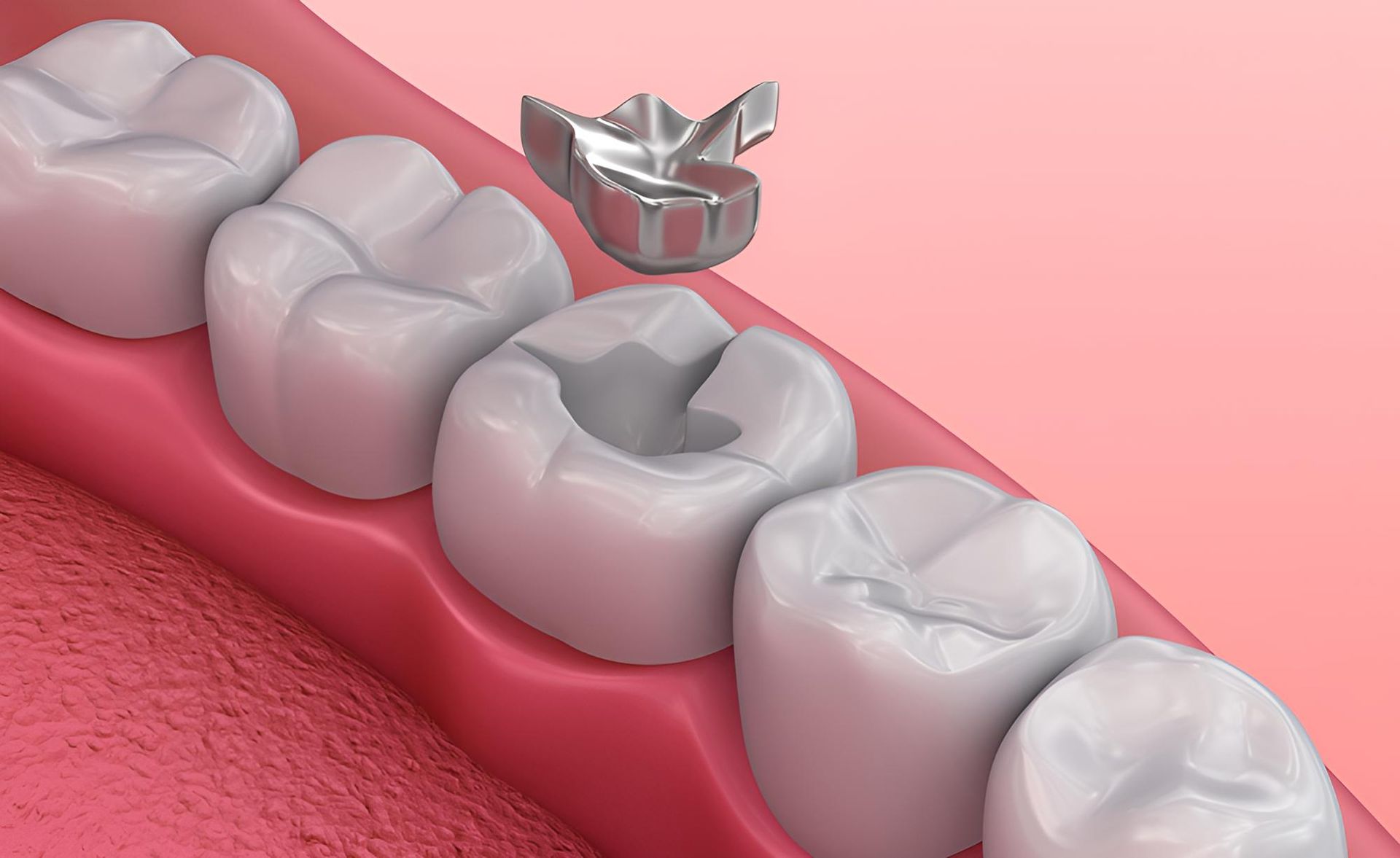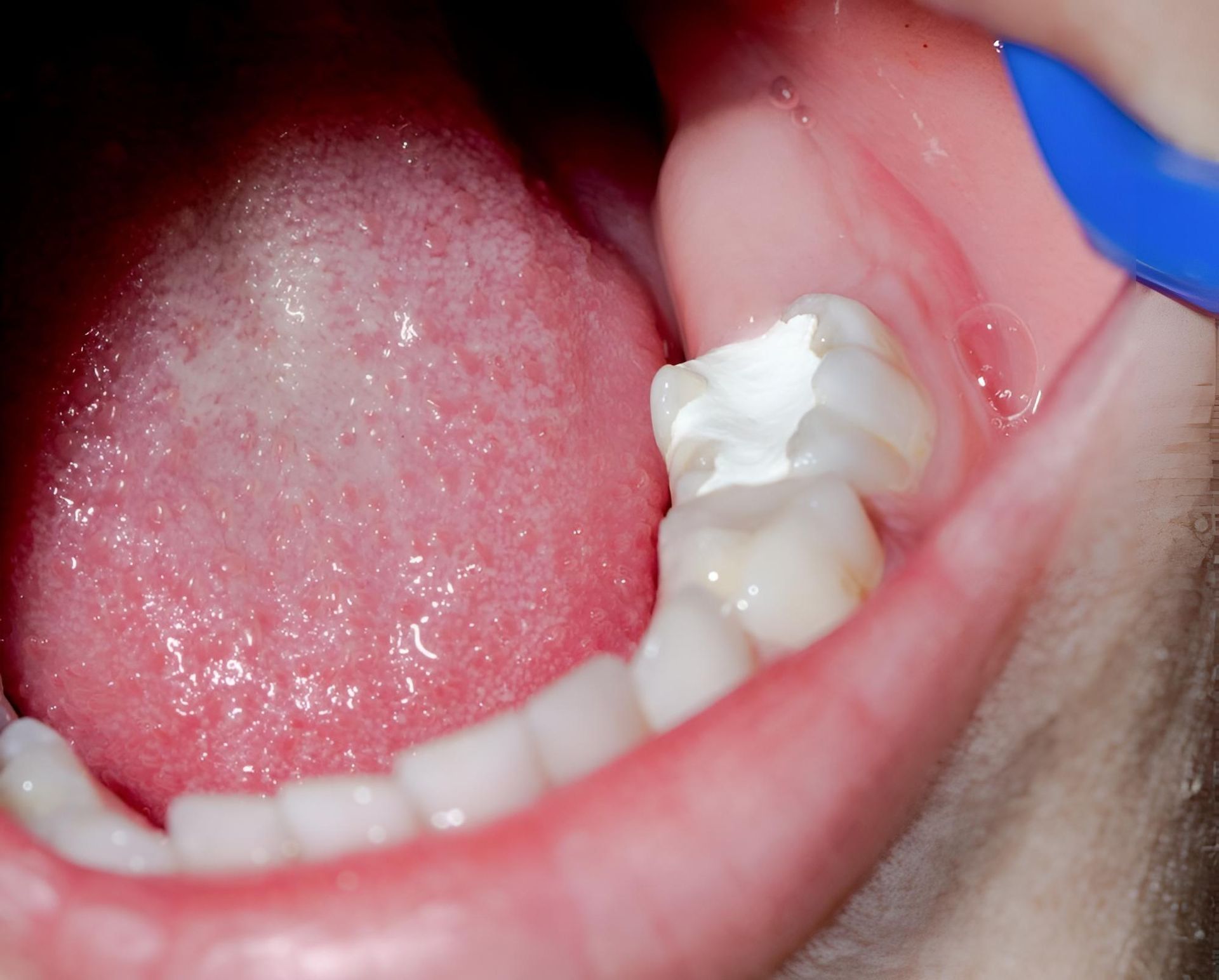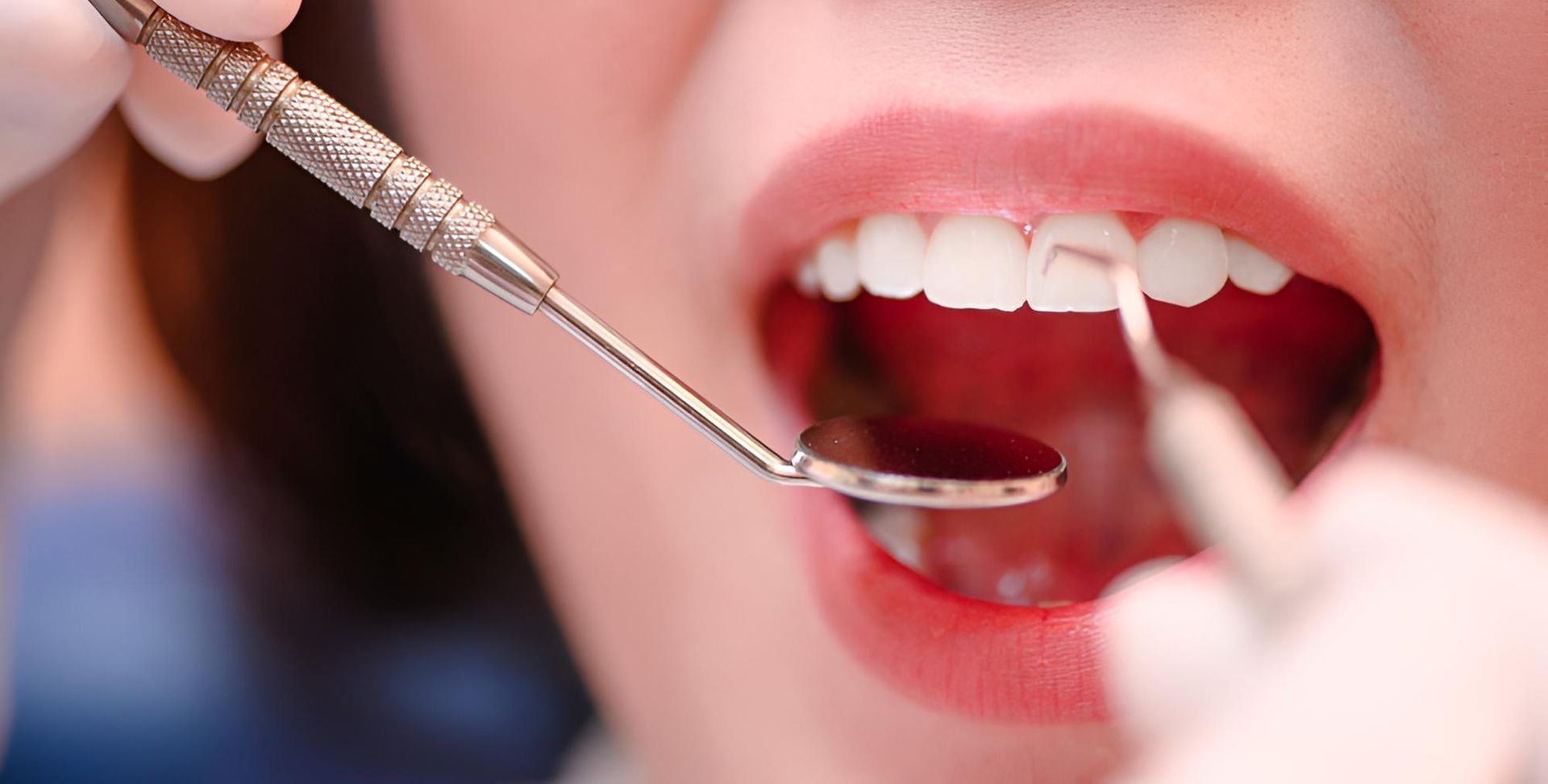Trower Dental
Dental Fillings in Darwin
- Holistic Dental Approach
- Comprehensive and Affordable Care
- Patient-Centred Comfort
Request a Call Back
Thank you for contacting Trower Dental.
We will get back to you as soon as possible.
Oops, there was an error sending your message.
Please try again later.
Restoring Tooth Shape & Functionality
Persistent toothache or sensitivity can often signal decay or damage beneath the surface. At Trower Dental, we offer dental fillings in Darwin to restore form and function, with treatments designed to integrate seamlessly with your natural teeth. Each filling is considered individually to align with your needs and maintain balance in your bite.
Treatment involves removing the affected area and placing a finely applied composite material that rebuilds the tooth’s surface. This process addresses damage from decay or wear while supporting long-term comfort, stability, and the natural appearance of your smile.
Untreated cavities can affect your ability to eat, speak, or smile comfortably. To stay on top of your oral health, call our team today on
(08) 8945 4022 to schedule your appointment. We also offer
dental implants,
laser dentistry and more.
When Fillings May Be Necessary
If you’re experiencing discomfort or visible damage to your teeth, it may be time to consider treatment. There are a number of situations where dental fillings can help restore strength and function to your smile:
- Tooth Decay: Fillings are commonly used to restore teeth affected by cavities caused by decay.
- Chipped Teeth: A filling can rebuild the shape and structure of a tooth that’s been chipped due to trauma.
- Worn Teeth: Teeth worn down from grinding or acidic foods may benefit from protective fillings.
- Cracked Teeth: Minor cracks that don’t require a crown can often be treated with composite fillings.
- Old Fillings Replacement: Worn or broken fillings may need to be removed and replaced to maintain tooth function.
Fillings are a practical way to manage a range of everyday dental issues. Speak with our team to find out if this treatment is suitable for your needs.
How To Look After Your Fillings
Looking after your dental fillings is essential for maintaining both the health of your teeth and the longevity of the restoration. Daily brushing with fluoride toothpaste and flossing helps remove plaque and prevent decay around the edges of your fillings. Be sure to brush gently but thoroughly to avoid damaging the filling or irritating surrounding gums.
It’s also important to avoid habits that may put stress on your fillings, such as chewing on ice, pens or hard lollies. If you grind your teeth at night, wearing a nightguard can help protect your fillings from excess wear or potential breakage.
Regular
dental check-ups and cleans allow your dentist to monitor your fillings and identify any signs of wear, leakage or decay. If a filling becomes loose, chipped or uncomfortable, it’s best to have it checked sooner rather than later. Caring for your fillings helps protect your teeth and supports overall oral health.
How long do dental fillings last?
The lifespan of a dental filling depends on the material used, the location of the filling, and your oral hygiene habits. Amalgam (silver) fillings can last over 10 years, while composite (tooth-coloured) fillings may last around 5 to 7 years. Ceramic and gold fillings may last even longer. Regular dental check-ups help monitor the condition of your fillings and ensure any wear or damage is addressed early to maintain tooth function and comfort.
Can I eat after getting a filling?
Yes, but it’s best to wait until the anaesthetic wears off to avoid biting your tongue or cheek. If you’ve received a composite (white) filling, it hardens instantly under a special light, so you can eat soon after. If you’ve had an amalgam (silver) filling, it’s generally recommended to avoid hard or sticky foods for at least 24 hours to allow it to fully set and reduce the risk of dislodging the material.
Can dental fillings stain or discolour?
Yes, particularly tooth-coloured composite fillings. They can stain over time due to exposure to foods, drinks like coffee or red wine, and tobacco. Composite materials may become dull or yellowed, which can be more noticeable on front teeth. Unlike natural enamel, composite resin doesn’t respond to whitening treatments, so stained fillings may need to be replaced to restore appearance. Good oral hygiene and regular dental cleans can help maintain their original look longer.







